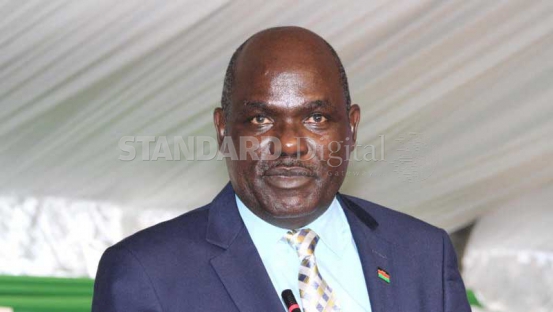×
The Standard e-Paper
Home To Bold Columnists

Kenyans may have to come to terms with the reality that ridding the register of names of dead voters could prove to be a tall order.
With the electoral commission running out of time, failure by Kenyans to record deaths and the foot-dragging by authorities to provide comprehensive information on registered deaths, the possibility of dead voters ‘participating’ in the August 8 poll is not far-fetched.